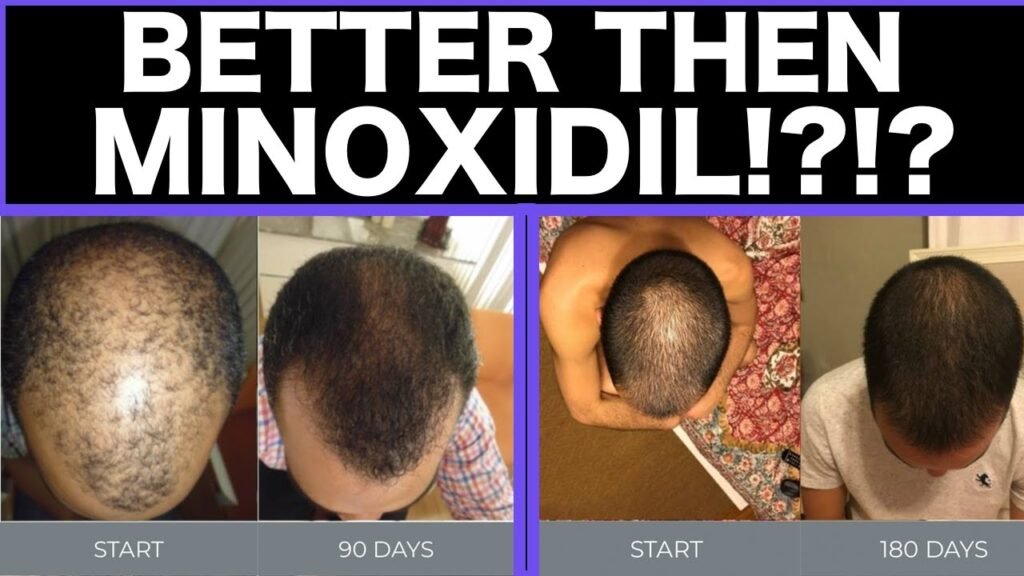Drawbacks of choosing Minoxidil vs rosemary oil
When considering hair growth treatments, many people weigh the options between Minoxidil and natural alternatives like rosemary oil. One significant drawback of choosing Minoxidil over rosemary oil is the potential for side effects. Minoxidil, a widely-used FDA-approved treatment for hair loss, may cause scalp irritation, itching, or redness in some users. In contrast, rosemary oil is a natural product that generally poses fewer risks of adverse reactions, making it a more appealing choice for those with sensitive skin or a preference for organic solutions.
Another consideration is the cost and commitment associated with Minoxidil. Users must apply it consistently to maintain results, often leading to long-term expenses. The cost of Minoxidil can add up over time, especially since discontinuing its use may result in the loss of any hair regrowth. On the other hand, rosemary oil is typically less expensive and can be easily integrated into a regular hair care routine without the financial burden of continuous purchase.
Finally, the long-term effects of Minoxidil are still under investigation. While it has been proven effective for many users, some concerns remain about its impact over extended periods of use. In contrast, rosemary oil has been used traditionally for various health and beauty applications with a history of safe usage. For individuals wary of prolonged exposure to synthetic chemicals, rosemary oil may be a preferable alternative, despite its less well-documented efficacy compared to Minoxidil.


